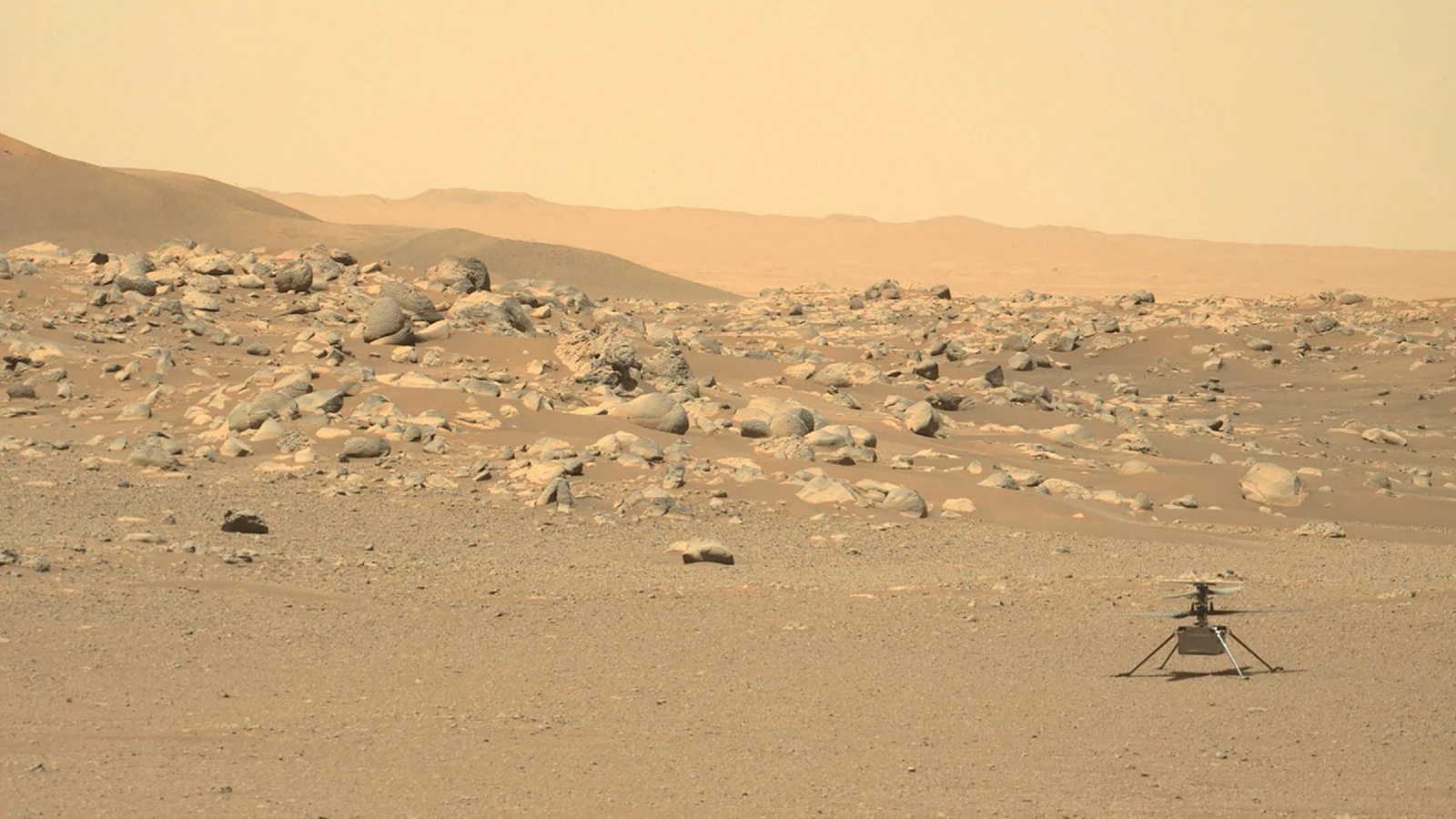The scientists, however, said their study shows that while space radiation imposes strict limitations and presents technological difficulties for the human mission to Mars, such a mission is still viable.
PUBLISHED ON SEP 07, 2021 07:57 AM IST
The quest to find a new home for the humans has brought Mars into focus. Space agencies across the world are planning to take the Earth’s residents on the Red Planet. Many missions have been flagged off – some of them are still sending pictures back to Earth – to help space scientists understand what it will be like to live on Mars.
However, among many other things, space radiation is one of the main concerns in planning long-term human space missions. The scientists have been studying two main types of hazardous radiation – solar energetic particles (SEP) and galactic cosmic rays (GCR) – for decades. And now, a group of researchers have proposed how long a person can spend on the Red Planet.
According to the findings published in the journal AGU Space Weather, the missions to Mars should not exceed four years to protect the members from radiation from the Sun and other planets.
The research has been carried out by scientists from Skolkovo Institute of Science and Technology (Russia), University of California (USA), University of Potsdam (Germany) and Massachusetts Institute of Technology (USA).
The scientists, however, said their study shows that while space radiation imposes strict limitations and presents technological difficulties for the human mission to Mars, such a mission is still viable.
They ran several simulations to arrive at the best time to launch a mission so that the effect of the radiation is minimum on the crew members. The scientists said that human space flight to Mars should be launched during the solar maximum, as it will be possible to shield the astronauts from SEPs. The intensity of SEPs depends on the activity of the Sun; it affects various human organs as well as the spacecraft.
Close


